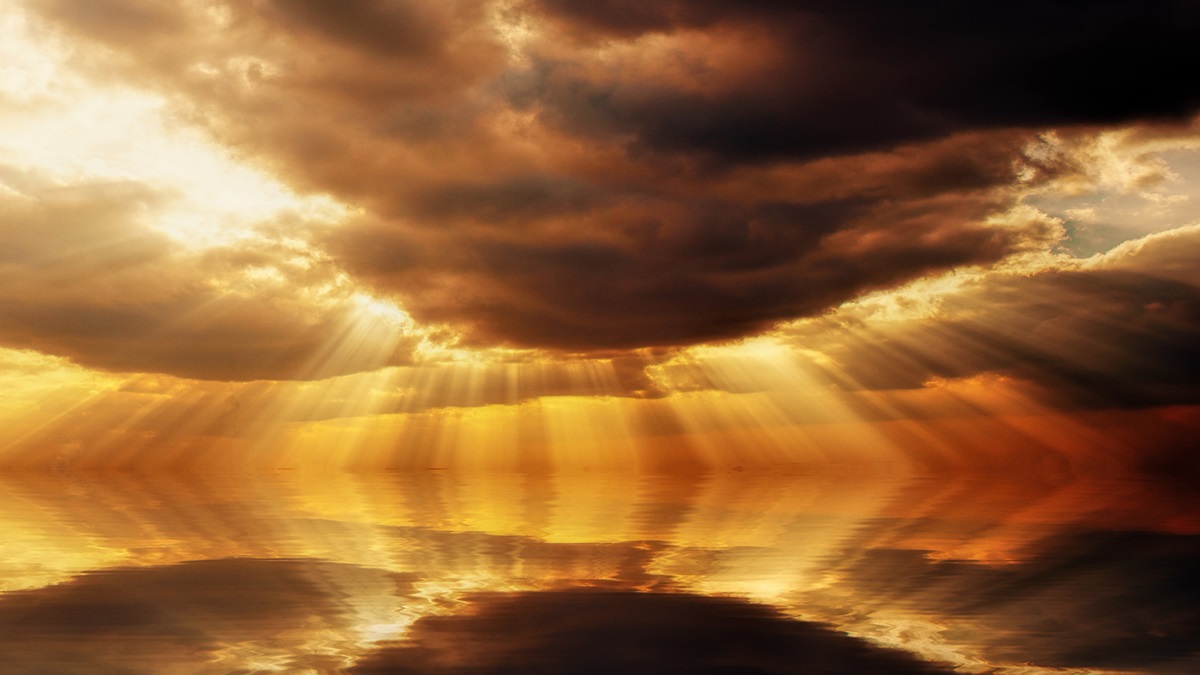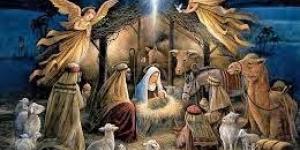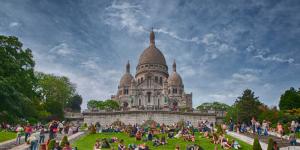Heaven Shines, But Who Cares? The Bible's blueprint for paradise lowers the awe-inspiring to the everyday. JEN WILKIN AUGUST 20, 2018

What does heaven look like? What are we meant to understand about this coming kingdom from the descriptions in the Bible?
Reading about heaven in the Bible can be confusing—so confusing that we are tempted to look elsewhere to firm up our ideas on the afterlife. The popularity of books like 90 Minutes in Heaven and Heaven Is for Real attest to our desire for reassurance that heaven is a reality since the accounts we read in Scripture seem so unreal. Will its building materials really be the stuff of our greediest imaginings—gold, silver, and precious stones?
It’s hard to determine what the human authors of Scripture want us to know is true about heaven. It’s an even bigger challenge to grasp what the mentions of mansions, multitudes, gates, and angels in the kingdom of heaven mean for us now.
I am a competitive game player. A few years ago at a party, the host brought out Pictionary for the evening’s entertainment. Ready to wow the room with my skills, I glanced at the word on my card: difficult. I had played Pictionary for years and had never had a word that hard. My mind went blank.
Nothing seemed to rhyme with it or illustrate it. The timer ran out, and in utter frustration I said, “How ironic that my word was difficult!” Holding up the card as proof, I realized I had accidentally drawn not a card for game play but the instruction card listing each of the categories for different words. Difficult, indeed. I spent 60 seconds trying to illustrate an abstract idea, trying to draw the undrawable.
My dilemma made me think of the Book of Revelation. John, in describing the new heaven and the new earth, is playing the hardest round of Pictionary known to man—he is called upon to describe the indescribable. Talk about difficult. His task of explaining is only outweighed in its difficulty by our current task of grasping the reality behind his words.
“The wall was made of jasper, and the city of pure gold, as pure as glass. The foundations of the city walls were decorated with every kind of precious stone,” he writes (Rev. 21:18–19).
At first glance, it seems that streets made of gold are meant to stir our excitement to live in a place where opulence abounds at every level. Initially, it seems that a place that does not need the celestial bodies to give it light would overwhelm us with the splendor of God’s holiness fully revealed. But John’s description of heaven takes things we esteem the highest in this life and reduces them to the level of commonplace.
But what if there’s more to it? All of these elements—gold, precious stones, the celestial bodies, rulers, crowns—are what humans throughout history have worshiped. These are things that we exalt. These are all the idols of this world. When John determines to describe the indescribable, he turns our human expectations upside down.
Heaven is a first-is-last place where the things we have exalted will be cast down to the level of their real worth: as mere metal and stone, as mere human authority, as merely created lights that move at the command of their Creator.
Heaven is a place where precious metals and stones are trodden under foot as common road dust, where our crowning personal honors are cast at the feet of God, where the people and objects and institutions to which we have ascribed our worship will fall from their lofty places.
It is a place whose inhabitants at last obey the first commandment, “You shall have no other gods before me.”
You and I are taught to pray that God’s kingdom might come “on earth as it is in heaven.” Why wait until the next life to count as worthless what God counts as worthless? Why wait until the next life to esteem what God esteems?
Today is the day for toppling our idols of power, wealth, and comfort. Now is the time for treading in the dust the gods of our sinful desires. To live this life unbound to the things of earth is to anticipate the indescribable joy of an eternity in which every earthly pleasure bows to the pleasure of being finally and fully in the presence of God.










